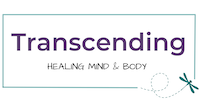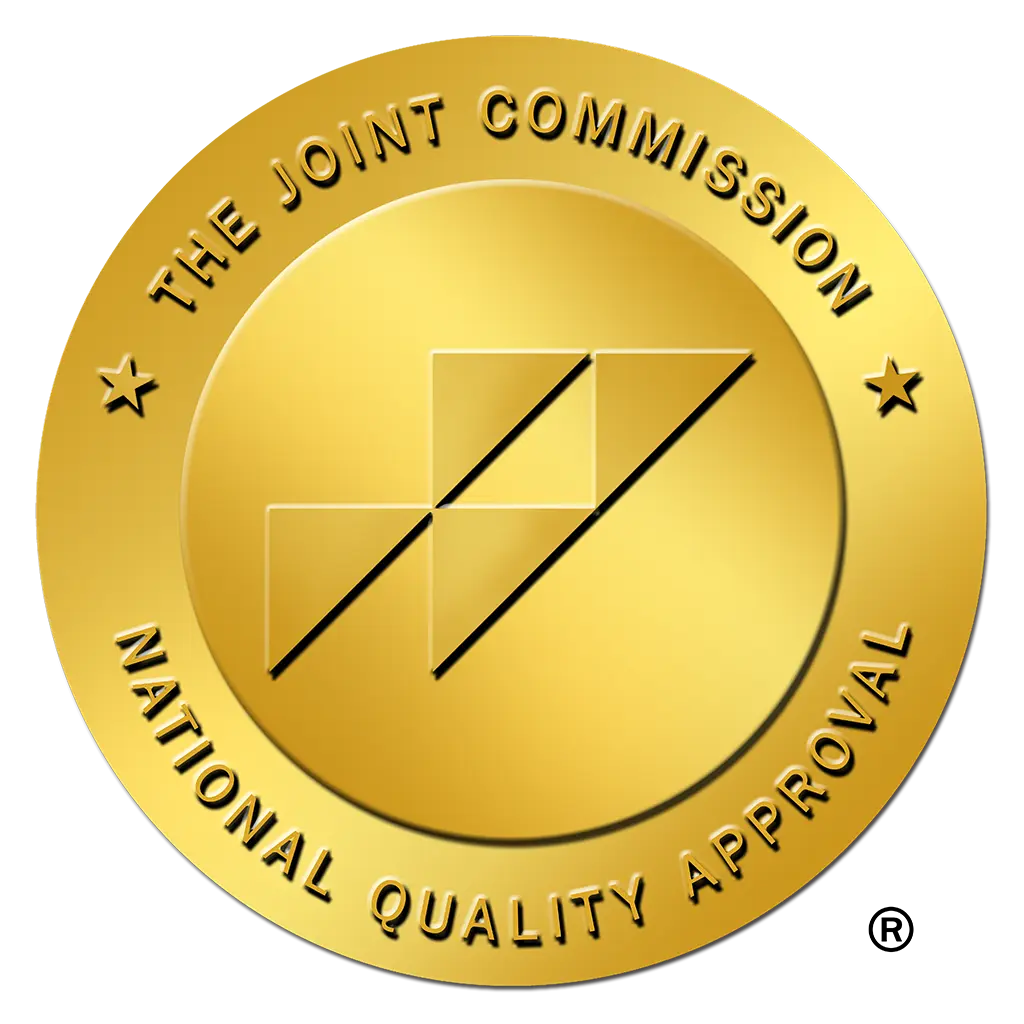Managing Stress Effectively: A Guide for Professionals
Stress is an inevitable part of life, especially for professionals juggling multiple responsibilities. While some stress can be motivating, excessive stress can lead to burnout and health issues. Learning to manage stress effectively is crucial for maintaining productivity and well-being.
Common Causes of Stress in the Workplace
- Heavy workloads and tight deadlines
- Poor work-life balance
- Lack of control over tasks
- Interpersonal conflicts
- Unclear expectations from management
Strategies to Manage Stress
1. Prioritize and Organize
Creating a daily to-do list and setting realistic goals can help reduce feelings of being overwhelmed. Break tasks into manageable steps and focus on completing one thing at a time.
2. Practice Mindfulness and Relaxation Techniques
Incorporate deep breathing, meditation, or yoga into your daily routine. These techniques can help calm your mind and improve focus.
3. Set Boundaries
Avoid overcommitting and learn to say no when necessary. Setting clear boundaries between work and personal life can prevent burnout.
4. Maintain a Healthy Lifestyle
Regular exercise, a balanced diet, and adequate sleep are essential for managing stress. Avoid excessive caffeine and alcohol consumption, which can contribute to anxiety.
5. Seek Support
Talking to colleagues, mentors, or professional counselors can provide valuable perspective and coping strategies. Support networks are crucial in managing workplace stress.
Conclusion
Stress management is a skill that takes practice, but with the right strategies, it is possible to maintain balance and productivity. By prioritizing tasks, practicing relaxation techniques, and setting boundaries, professionals can navigate stress more effectively.
At Louisville Health & Healing, we offer resources and support for individuals looking to enhance their mental well-being. Contact us today to learn more about our programs and services.
Taking care of yourself is the first step to managing stress effectively.







